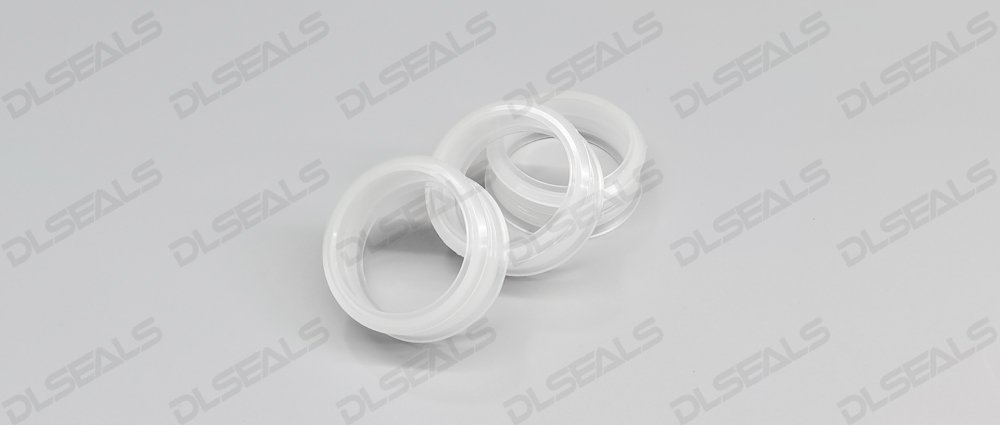News
A2024-06-30

Rubber and plastic seals and metal seals are two common sealing materials, which are widely used in the industrial field. However, they each have unique advantages for different application scenarios and needs. This article will compare the advantages of rubber and plastic seals and metal seals to help you choose a sealing material that better suits your needs.
1. Comparison of material properties
Rubber and plastic seals:
Material: Usually made of elastic materials such as rubber and silicone.
Features: It has good elasticity and deformability, and can maintain good softness at low temperatures.
Application: Suitable for low temperature and low pressure environments such as general industrial equipment and pipeline connections.
Metal seals:
Material: Usually made of metal materials such as stainless steel, aluminum alloy, and titanium alloy.
Features: It has high strength and rigidity, and is resistant to high temperature, high pressure, and corrosion.
Application: Suitable for high temperature and high pressure environments, hydraulic systems, aerospace, and other scenes with high requirements for sealing performance.
2. Comparison of sealing performance
Rubber and plastic seals:
Advantages: It has good elasticity and softness, and can achieve good sealing effects.
Disadvantages: Deformation or aging may occur under high temperature and high pressure environment, and the sealing performance is not as stable as metal seals.
Metal seals:
Advantages: Resistant to high temperature and high pressure, with excellent sealing performance, and can adapt to sealing requirements under extreme working conditions.
Disadvantages: Compared with rubber and plastic seals, the cost is higher, and it may not be as flexible as rubber and plastic seals under low temperature and low pressure environment.
3. Comparison of usage scenarios
Rubber and plastic seals: Suitable for low temperature and low pressure scenarios such as general industrial equipment, pipeline connections, and automobile manufacturing.
Metal seals: Suitable for high temperature and high pressure environments with high sealing performance requirements such as aerospace, nuclear energy equipment, and high-pressure hydraulic systems.
4. Summary and suggestions
If your application scenario is in a low temperature and low pressure environment and is more sensitive to cost, rubber and plastic seals may be a more suitable choice.
If your application scenario requires good sealing performance in a high temperature, high pressure, and corrosive environment, and you can accept a higher cost, then metal seals may be more suitable for your needs.
The final choice depends on your specific needs and application scenarios. I hope that the comparison in this article can help you make a more informed decision.
[DLSEALS kindly Reminder] Sealing issues? Turn to DLSEALS! As a sealing component manufacturer, we specialize in customizing sealing components, providing a full range of services from design, research and development, production, testing, and more. If you have more information you'd like to know, feel free to contact us directly. DLSEALS's product experts are dedicated to serving you!